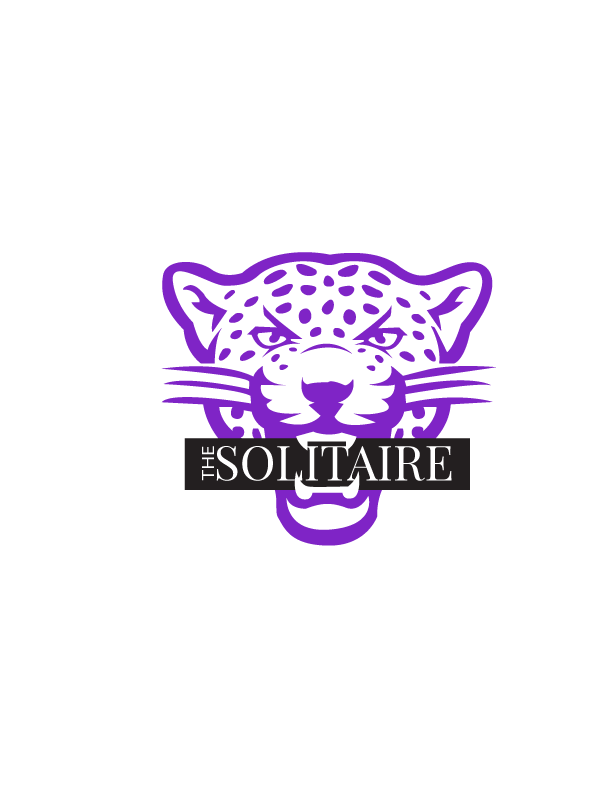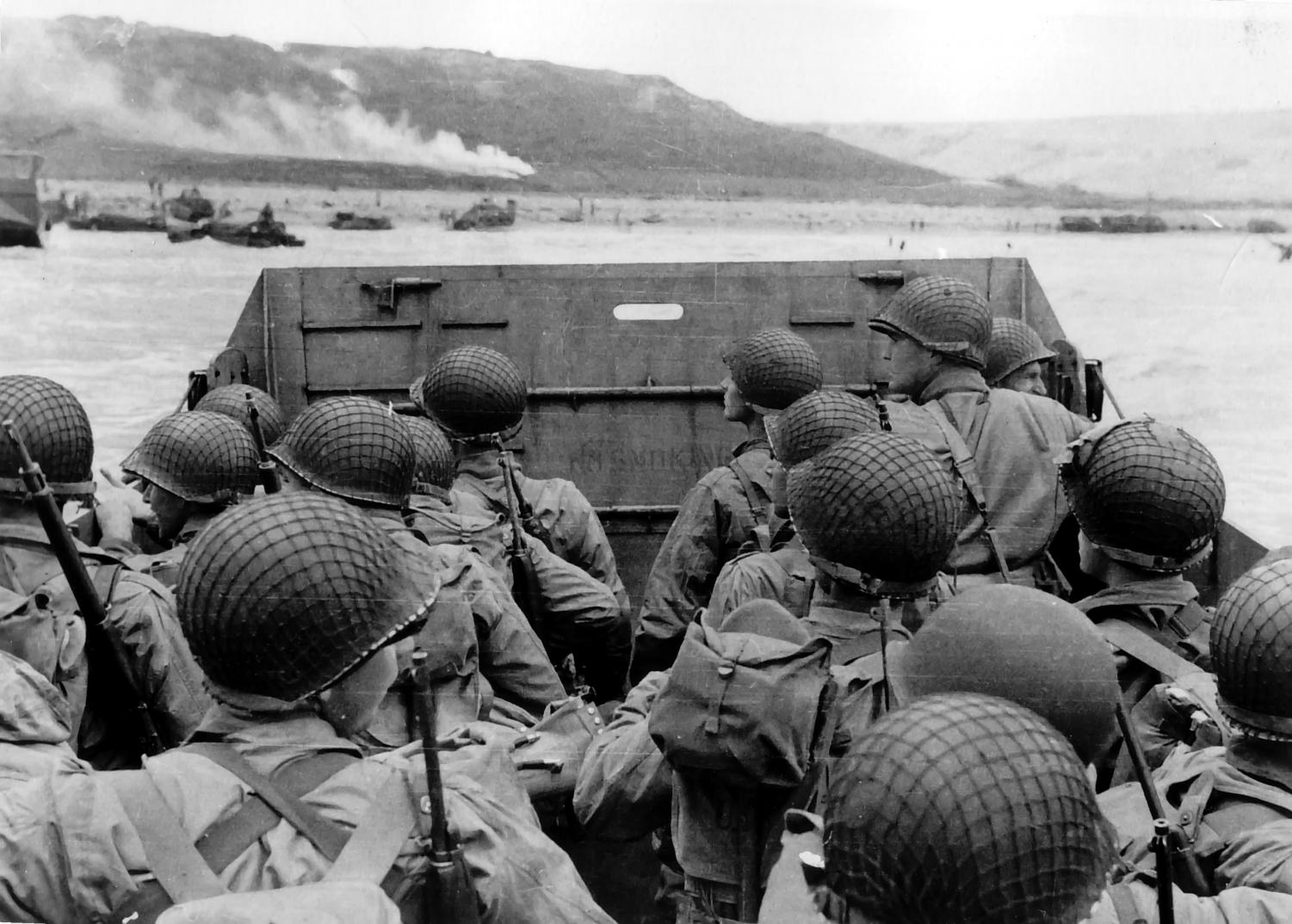Home
October 31, 2017
Monday
February 23rd, 1942
New York City, New York
Gracile fingers brushed the handle of his telephone, much too accustomed to its weight and the greasy depressions of the keys. It had gone through unfathomable abuse over the decades – a pristine model in its time – and had served its master well, call after call after call.
These calls did not end well. A man of his profession could not afford to become attached to the voice on the other line: the weather-beaten mother, the exhausted father, the foodless child. Yet, time and time again, he found it impossible to maneuver without immense empathy.
The Germans had unleashed their fury on Europe eight months prior, and it was his job to clean up the aftermath. He experienced the cultures of the world through that telephone, speaking to a Soviet haberdasher one moment and an impoverished Jew the next, uncomfortable with their fate in his hands. And fate, as he knew too well, was a fragile, fickle thing.
“Oui, oui, je comprends,” A minutely vexed voice, even slighter than the man to whom it belonged, struggled to project. French felt foreign on his tongue – flighty. Each word was subject to dissipate and shed its meaning as soon as it passed his lips “Ah, merci. Au revoir.”
The earpiece clicked solemnly as he returned it to the receiver. Fragments of the conversation plagued his mind yet, impenetrable even to the sheets of rain that bombarded the corner window. War! Death! Suffering! In and out of his ear every minute of every day! Little solace was to be found in the stillness that ensued, so congested was his head.
Droplets slithered down the grimy panes. Thick yellow light refracted through each square of glass and quivered in an array of suspended dust. The city itself lapsed into a pregnant silence, reluctant to disturb such a sorrowful scene.
“Oy, what a mess. What a mess.”
He pressed the flat of his palm against a gravely sculptured cheekbone, skewing the shadows on his face an inch to the left. Sometimes he wished he had joined the war. To function as a machine, a soldier, cold and bleak and vacant – to lay down his inhibitions and flee these horrid decisions. Then the burden of obligation would not rest so cumbersomely on his shoulders.
He had already abandoned his chance to fight. A man like him, anxious to live and anxious to die, did not belong amongst the brutality of the battlefield. As long as men marched with guns slung across their shoulders, he would tend the telephone in his office and heed the woes of the war-stricken. Did the clouds not weep for them? The streets, the brownstones, the sycamores and the blue jays; the mothers who sewed, the fathers who worked, the children who played: did they not weep with abandon? He, too, shed tears for those he helped and for those he could not.
The notion of violence nauseated him.
A shrill ring shook the thoughts from his head and, swinging around like a piston, a now pallid hand reached out to accommodate the call.
“Jude! Yes, yes, put her through.”
His thin lips pursed tightly in trepidation, but the voice that greeted him was not one of a doting wife. A small tenor belonging to a boy no older than three years piped up at the opposite end.
“Abel? Yes – I am – shush now, how is your brother? Your sister? And you, tateleh?”
Eyes heavy with fatigue sought the wet pavement beyond his window. Had the block always been so bustling with life?
“I am coming home. Tell your mother – I am coming home.”

